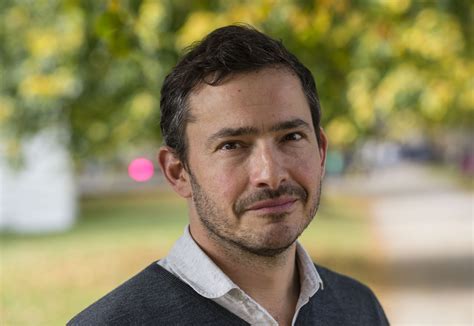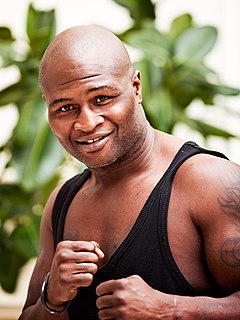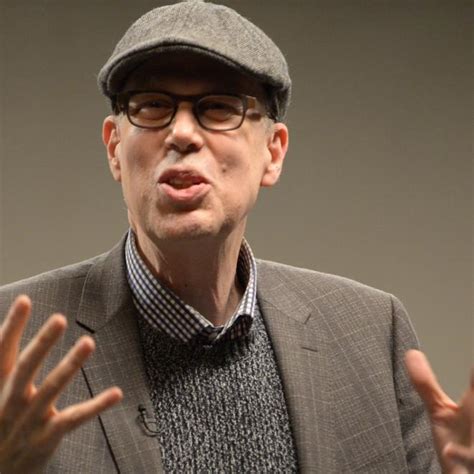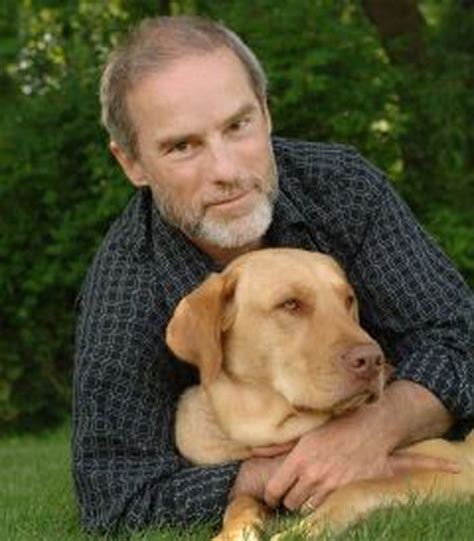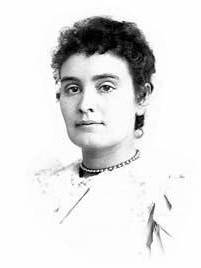A Quote by Jane Goodall
The chimpanzees taught me a lot about nonverbal communication. The big difference between them and us is that they don't have spoken language. Everything else is almost the same: Kissing, embracing, swaggering, shaking the fist.
Related Quotes
It is not only visitors to the zoo who are fascinated but uneasy in the presence of chimpanzees; the same is true of scientists. The more they learn about these great apes, the deeper our identity crisis seems to become. The resemblance between humans and chimpanzees is not only external. If we look straight and deep into a chimpanzee’s eyes, an intelligent, self-assured personality looks back at us. If they are animals, what must we be?
I have great skills. I can fight anybody, anywhere, anytime. I have done it in the past. I am on a different level than everyone else in the game of boxing. Nobody taught me how to fight. I was born a fighter. Everybody else was taught. That is the difference. I would rather show them than talk about it.
You must create the character's internal life. What do I mean by internal life? I mean the thoughts, feelings, memories, and inner decisions that may not be spoken. When we look into the eyes of actors giving fully realized performances, we can see them thinking. We're interested in what they're experiencing that may never be spoken, that quality of nonverbal expression - which is as much a part of the characters as breathing and as real as what they say and do. This is their internal life. It helps us believe in the characters and care about them.
A person can learn a lot from a dog, even a loopy one like ours. Marley taught me about living each day with unbridled exuberance and joy, about seizing the moment and following your heart. He taught me to appreciate the simple things-a walk in the woods, a fresh snowfall, a nap in a shaft of winter sunlight. And as he grew old and achy, he taught me about optimism in the face of adversity. Mostly, he taught me about friendship and selflessness and, above all else, unwavering loyalty.
As I sat down, though, I realized that you can get used to certain luxuries that you start to think they're necessities, but when you have to forgo them, you come to see that you don't need them after all. There was a big difference between needing things and wanting things--though a lot of people had trouble telling the two apart--and at the ranch, I could see, we have pretty much everything we'd need but precious little else.





